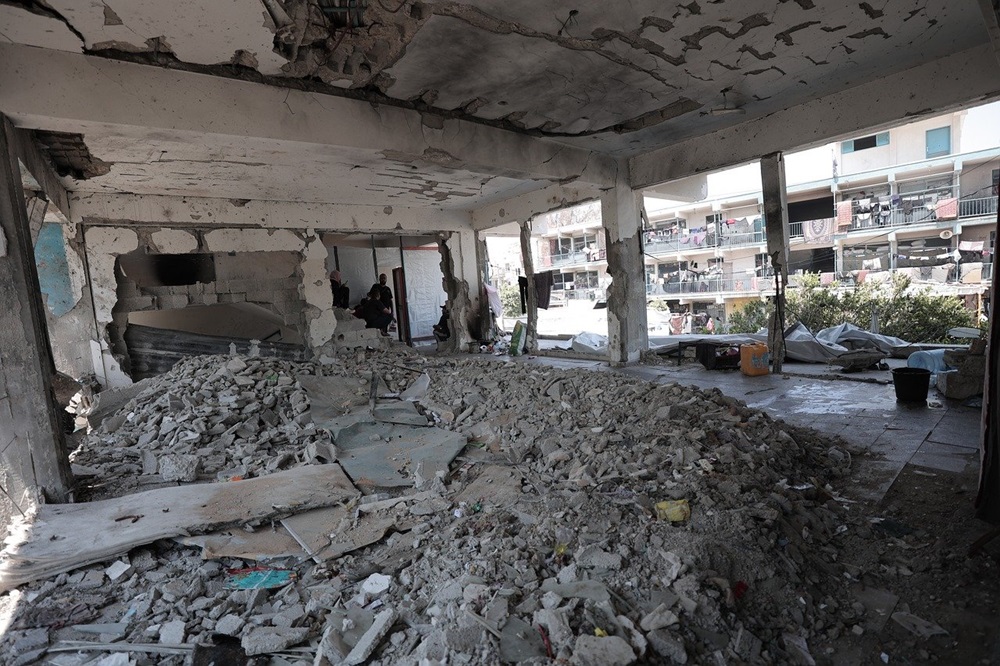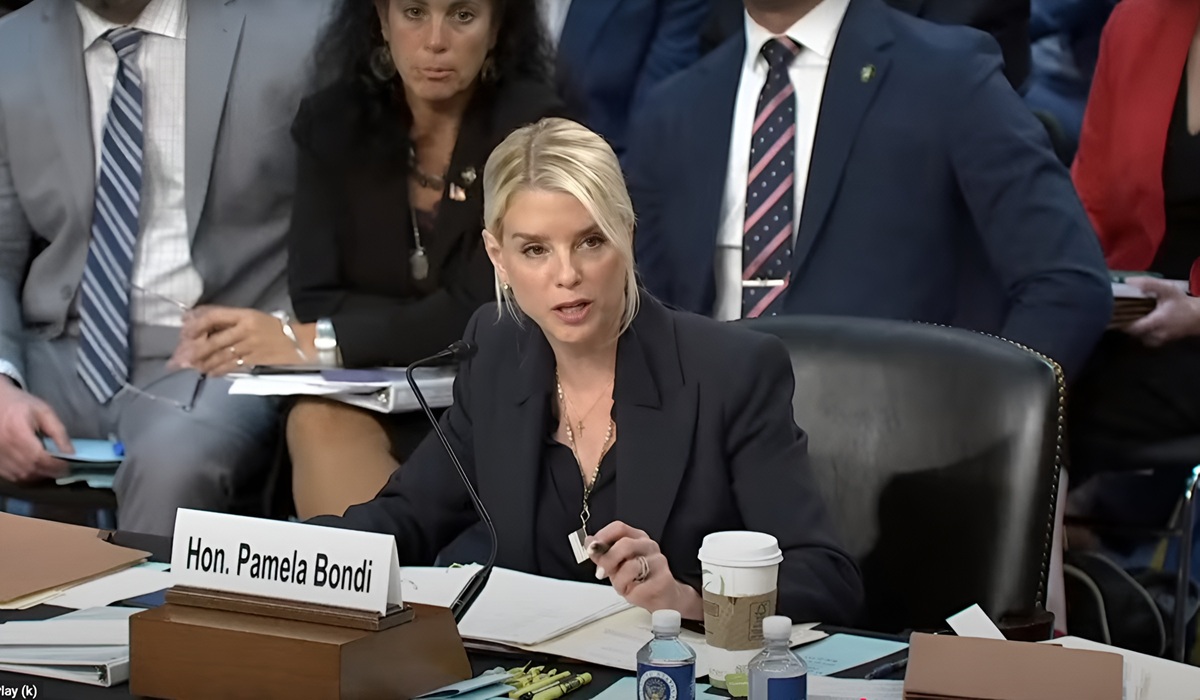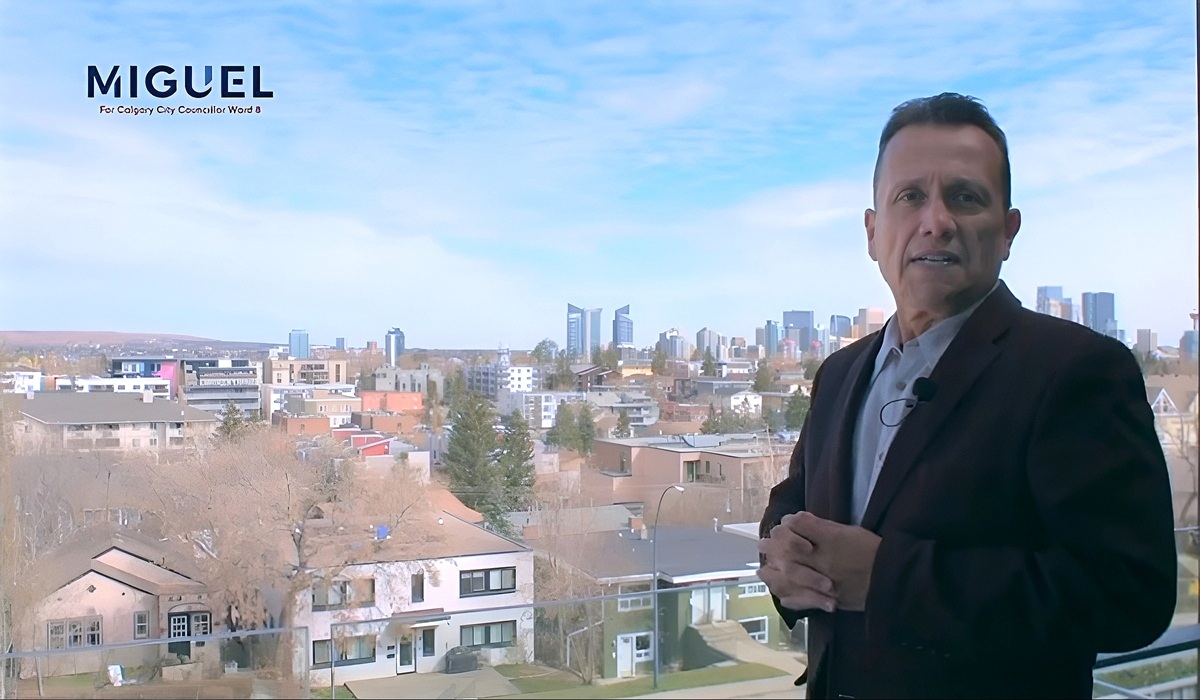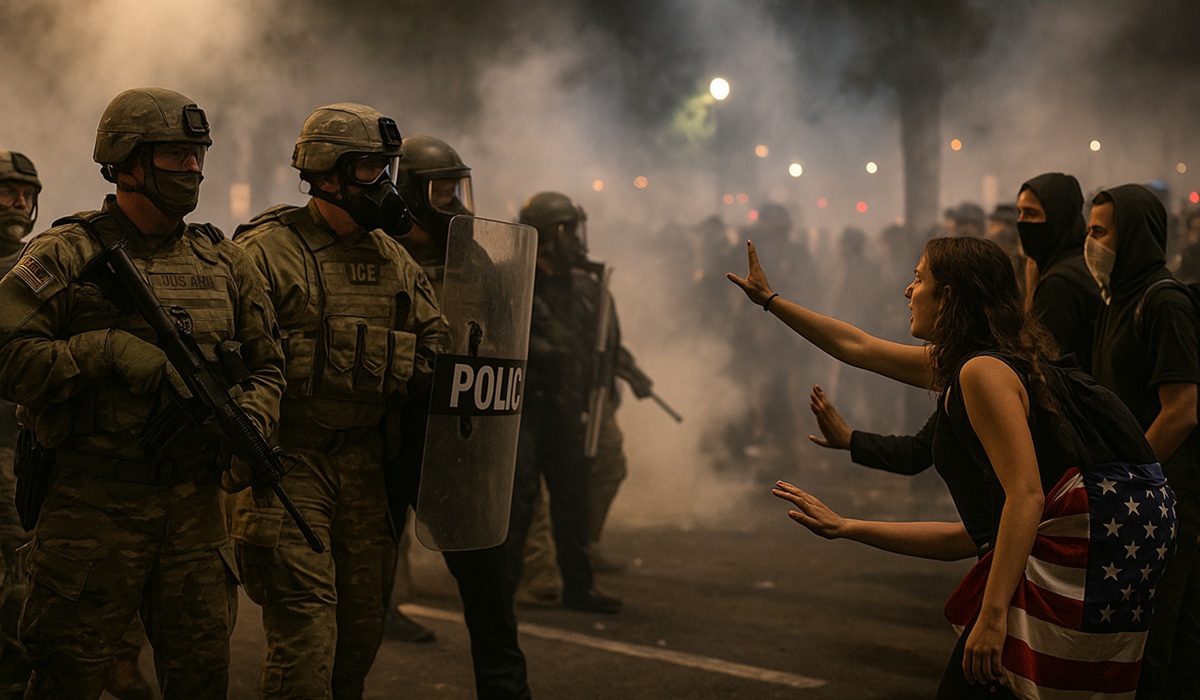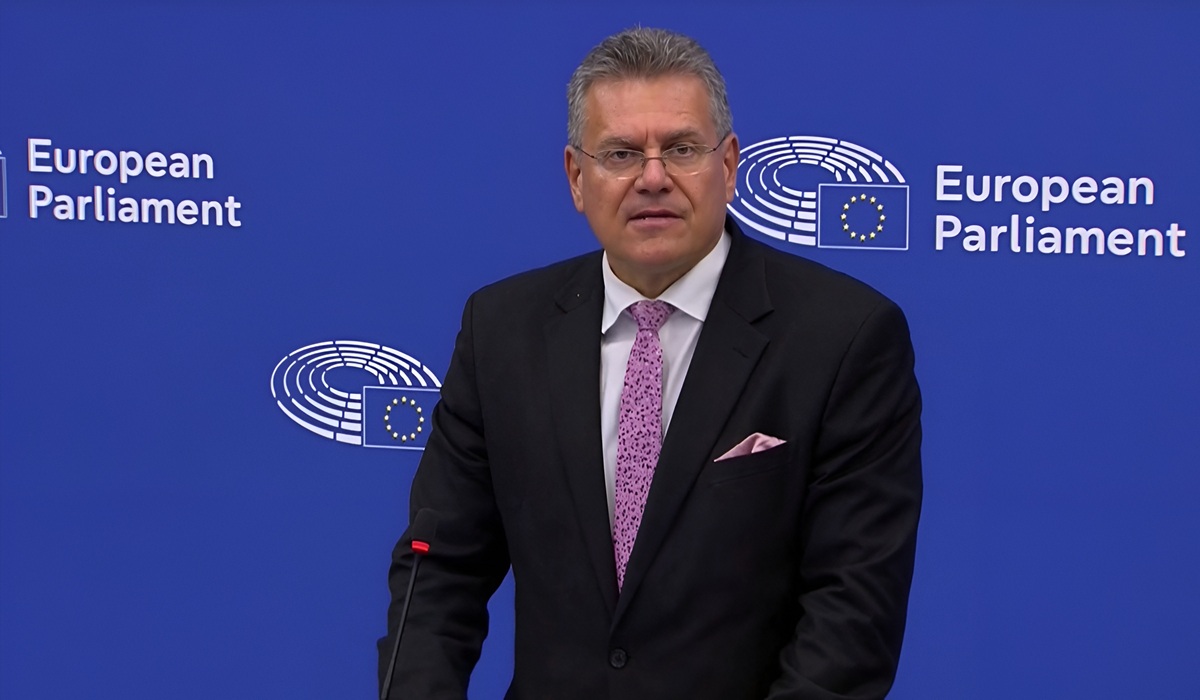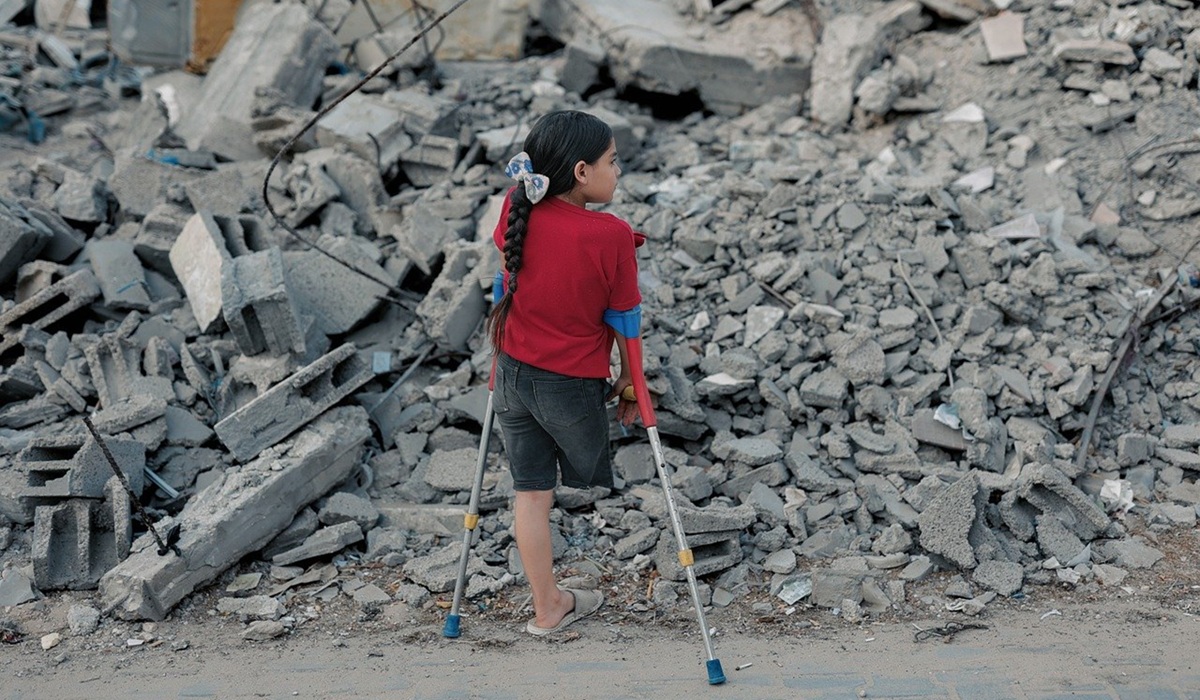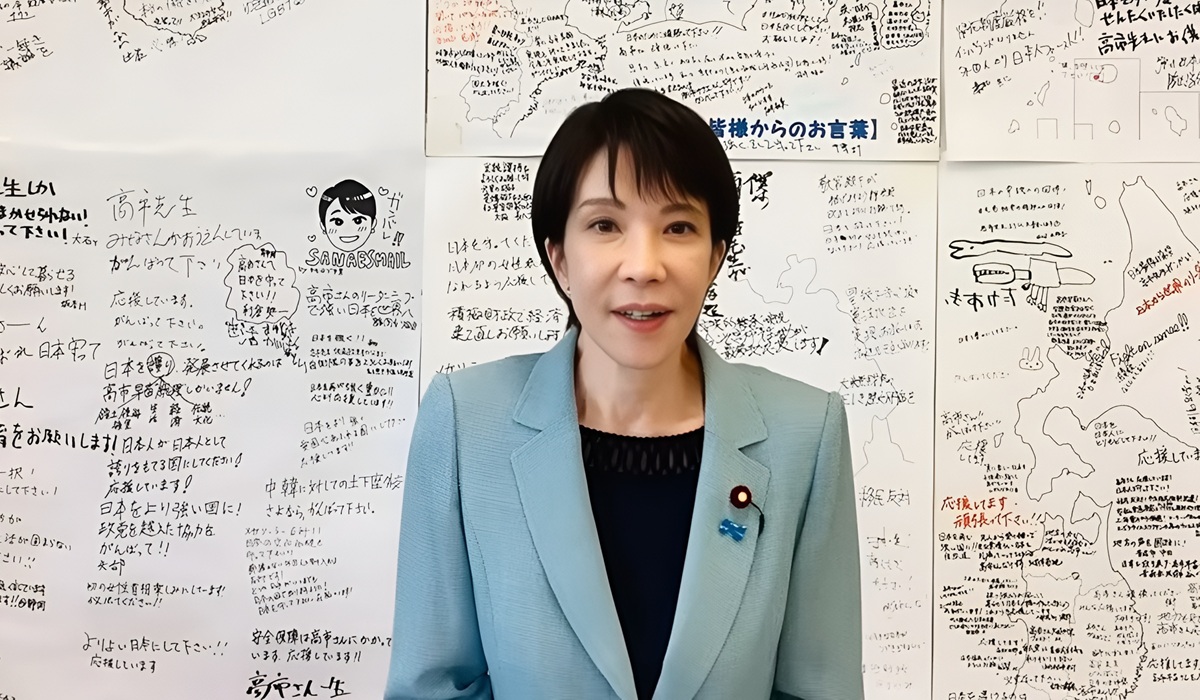Mozambique Faces a Perfect Storm: Violence, Cyclones, and Starvation as Aid Dries Up
- Ingrid Jones
- Africa
- Breaking News
- Trending News
- June 11, 2025
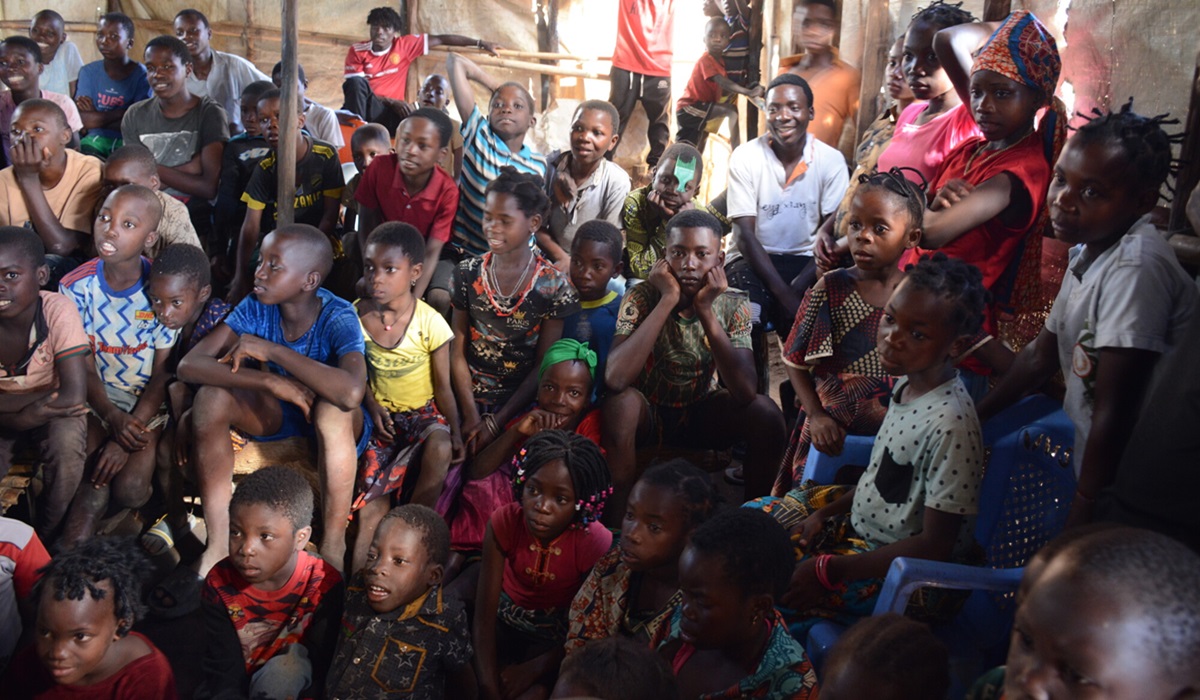
As Mozambique teeters on the brink of catastrophe, the world looks away. A confluence of war, weather, and waning support has pushed the country toward a humanitarian abyss, where nearly five million people now face critical levels of hunger and over 900,000 are on the cusp of famine.
During a recent visit to the country’s northern provinces, Norwegian Refugee Council (NRC) Secretary General Jan Egeland didn’t mince words. “They now stand at the edge of an abyss,” he warned, after witnessing firsthand the devastating fallout from unchecked violence, back-to-back climate disasters, and an imploding aid response crippled by global funding cuts.
The province of Cabo Delgado has become ground zero for a humanitarian nightmare. Armed attacks there spiked by an alarming 155% in March alone, with 52 documented atrocities resulting in 153 abductions and 39 killings. Over 1.4 million people have been displaced due to the conflict, while hundreds of thousands who returned home now face renewed insecurity and a grim absence of aid.
And as if human violence weren’t enough, nature has piled on. In just three months, Mozambique was struck by three consecutive cyclones—Chido, Dikeledi, and Jude—leaving a trail of wreckage across multiple provinces. Homes have been flattened, crops destroyed, schools and clinics reduced to rubble. More than 1.4 million people have been directly affected.
Egeland laid the situation bare: “Hunger took hold in Mozambique the moment conflict did. Where bullets fly, crops wither, supply chains collapse, and families are left hungry.”
That hunger is now spiraling into a full-blown emergency. In rural areas of Cabo Delgado, traditional farming and trade have collapsed entirely. In cyclone-struck regions like Nampula and Zambezia, devastated crops offer little hope of harvest. Families are scraping by—if at all.
The aid system, which should be ramping up in times like these, is instead buckling. Fuel shortages, destroyed infrastructure, and security threats are making it nearly impossible for aid agencies to reach communities. Administrative red tape, ambushes, and targeted attacks on humanitarian workers further obstruct efforts. Humanitarian operations like those led by NRC have been forced to scale down dramatically—not because the need has diminished, but because the money has dried up.
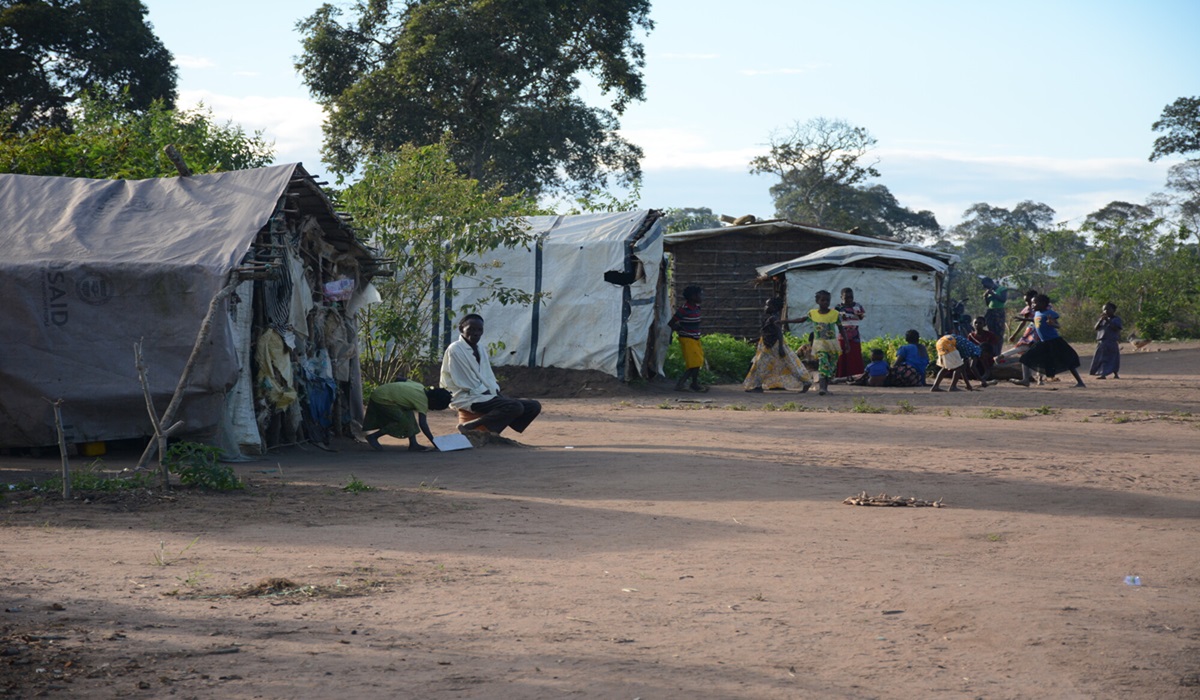
“In 2024, we reached over 125,000 people,” said Egeland, “but the scale of this crisis far outstrips our current capacity. We have been forced to drastically reduce our first-line response—such as survival kits and shelters to people left homeless by the latest cyclone—because of the U.S. funding cuts.”
The World Food Programme has also slashed its support, reaching only half of its 2024 target. And the situation is expected to deteriorate further: only 250,000 people are expected to receive food aid this year, despite soaring needs.
On the ground, this has real human consequences. “Mothers I met told me they don’t know who they would turn to if we had to stop helping them,” said Egeland. “Their children are sleeping hungry. This isn’t about numbers—it’s about survival.”
The NRC is calling for an urgent international rescue effort: not just a trickle of donations, but sustained and coordinated global action to avert famine, rebuild food systems, and restore the dignity of those displaced. This means targeted investment in agriculture, fisheries, child nutrition, and protection for the displaced.
Egeland delivered a sobering reminder that many nations and corporations profit from Mozambique’s rich natural resources while giving little back to its people. “Several governments and multinational corporations are in Mozambique for its natural resources, with little returns to the impoverished population,” he said.
This is a test of global solidarity, and so far, the world is failing it. Egeland’s message was crystal clear: “Turning our backs now is not an option—for the sake of millions facing starvation, and for our shared humanity.”
Whether anyone listens remains to be seen. But the time to act is vanishing fast.

